 Family
Family
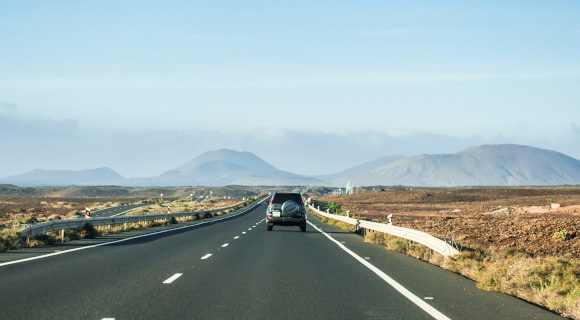
10 Top Tips for Driving in Spain
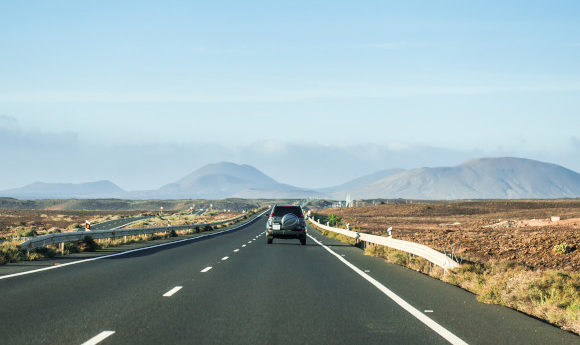
Whether you’re taking your own car and driving through Spain as part of a road trip across Europe or hiring a vehicle once you land in Spain, you’ll need to know the rules of the road.
We all know that it can be daunting to arrive in a new country, especially if you’re tired after an early morning flight or a long drive and then have to get behind the wheel of a car you’re not used to particularly when you’re entering unfamiliar roads.
At home driving can become second nature but when in a different country, with different rules, it can feel like we need our L-plates on again.
The last thing we want to do is drive around a roundabout the wrong way – or perhaps worse, towards oncoming traffic because we have entered a road on the opposite side.
But, don’t panic, driving abroad is the perfect way to explore a new country at your own pace and ensure you can get to those secluded spots just off the tourist trail.
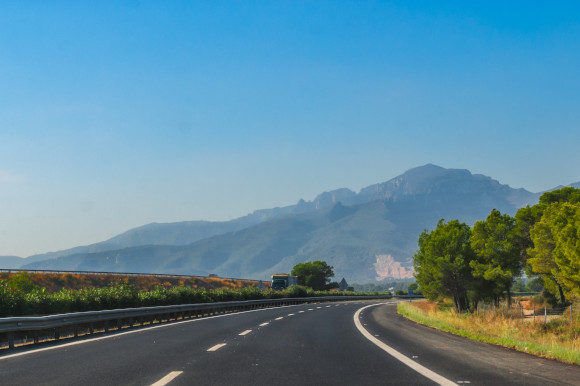
Get your head around the Spanish Highway Code with these driving in Spain tips to ensure your holiday doesn’t get off to a bumpy start.
Tip 1: You’ll be driving in the opposite direction
First and foremost, don’t forget that you’ll be driving on the right and anti-clockwise around a roundabout. You should give way to the traffic already on the roundabout.
Tip 2: Know your speed limits
- Motorways (autopistas) = 75 mph (120 km/h)
- Dual carriageway (autovia) = 62mph (100 km/h)
- Other roads = 56mph (90 km/h)
- Built-up areas = 31mph (50 km/h)
It’s also important to note that there is a minimum speed limit on motorways and dual carriageways of 37mph (60 km/h). In some residential areas, particularly around schools, the speed limit will be 13mph (20 km/h).
Tip 3: Know your alcohol limits
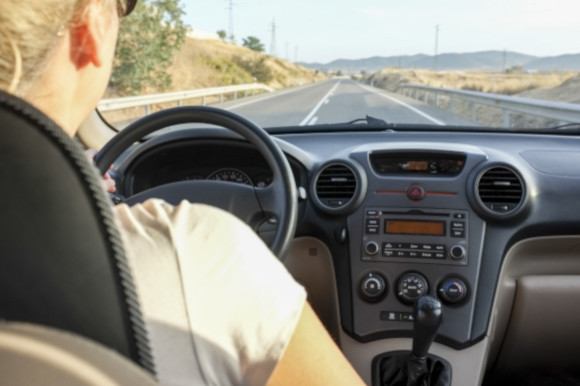
It goes without saying that you shouldn’t drink and drive but Spain has incredibly strict drink driving laws – more so than the UK. You’re allowed 49 milligrams per 100 millilitres of blood – so just one drink, may be one too many.
This is even lower – 29 milligrams – for those with less than two years’ experience. It’s safer to avoid alcohol altogether when you’re going to be driving and leave the car at your accommodation when you’d like to have a drink.
Tip 4: Wear your seatbelt and make sure children travel in the back
As in the UK, you must wear your seatbelt both in the front and rear seats. Children under 12 are not allowed to sit in the front of the car, unless it is a rear-facing seat for babies.
All children under 12 (or below 1.35 metres tall) must be in a suitable car seat.
Tip 5: You must be over 18 years old to drive a car in Spain
You have to be 18, which is the legal driving age in Spain, to get behind the wheel of a car. So, if you’re 17 and hold a driving license, you’ll have to wait for your 18th birthday. If you’re renting a car, you must be 21. The rules also apply for motorbikes over 125cc. For those under this, you must be at least 16.
Where to stay
- Flamingo Beach Resort: As one of Benidorm’s most sought-after hotels, expect high quality facilities and endless fun. Chill out DJs are all part of the daily entertainment and the trio of pools accessorised with Bali beds provides sun-soaked days. Rooms come with a kitchenette and fully furnished balconies for sunset gazing.
- H.Top Royal Star: Based in Spain’s Costa Brava region, you’re surrounded by lush landscapes. The hotel offers a huge range of amenities including an All Inclusive service, inside and outdoor pool and a mini club for young ones. The rooms provide that home-away-from-home vibe and have all the essentials covered.
- Marconfort Costa del Sol: Situated in one of Spain’s finest resorts, say hello to Mediterranean beaches and bustling promenades. Spanning over 10 floors, find 260 contemporary rooms with top-notch facilities. There’s barbecues during the summer and an ice cream stall to curb those sweet cravings.
Tip 6: Carry the correct documents and certain items with you at all times
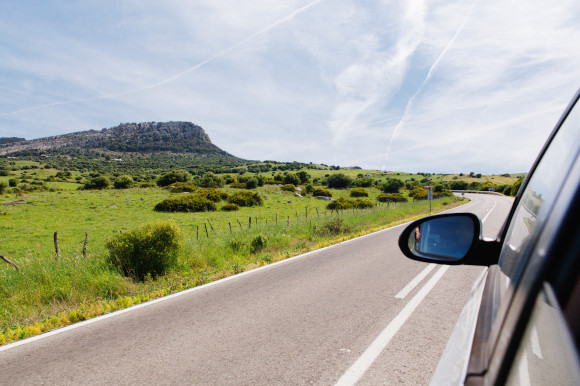
Valid UK driving licenses will be accepted in Spain but you must ensure you have at least third-party cover. You should automatically have this with your UK insurance but it is always best to double check.
Make sure you have the following on you at all times:
- Valid driving license
- Proof of insurance
- Proof of ID
- Proof of ownership (if applicable)
It’s the law to carry certain items while you’re driving in Spain – you can receive an on-the-spot fine if you don’t. This includes:
- GB Sticker or Euro plates
- Warning triangle
- Reflective jackets (if you breakdown on a motorway, you can be fined for not wearing one)
- Headlamp converters
- Spare wheel (and the tools required to change it)
Need to know: If you wear glasses, you must have a spare pair with you.
If you’re driving a motorbike you must have a helmet and your light must be on at all times.
Tip: if you’re interested in finding out more about the general costs of transportation, check out our Spain travel guide.
Tip 7: You can only use your lights and horn at certain times
Don’t turn your full beam on in built-up areas and make sure you use dipped headlights in tunnels. In urban areas, you can’t use your horn but if necessary, you can flash your lights. It’s also advisable to flash your lights to warn vehicles you intend to overtake and you may notice cars doing this to you.
Tip 8: Drive sensibly to avoid an on-the-spot fine
You may receive an on-the-spot fine if, for example, you’re caught speeding – there are radar speed traps that can catch you out, so be aware of these.
If you do get one of these fines make sure you receive a receipt and if you pay it within 20 days it’ll be reduced by half.
Don’t worry! Knowing the rules of the roads and sticking to the speed limits will prevent this from happening.
Need to know: You can also be fined for not using your indicators properly on motorways when overtaking. You must signal when you plan to pull out and then back in again.
Tip 9: Be aware that there are tolls on many of the motorways
Many of the motorways in Spain are toll roads – you can pay this by cash or credit card. It’ll make your journey longer but you can often avoid these by taking the dual carriageways instead.
Tip 10: Make sure you don’t let your petrol get too low
Ensure you have plenty of petrol, particularly if you’re going to be driving on more rural roads. You’re unlikely to find any petrol stations open through the night and they’ll potentially be closed for a couple of hours over lunchtime too.
Unleaded = 95 octane – green pumps
Diesel = gasoleo – black pumps
Now you know the rules of the road – driving in Spain will be an enjoyable experience as opposed to a stressful one.
 Family
Family
 Inspiration
Inspiration

